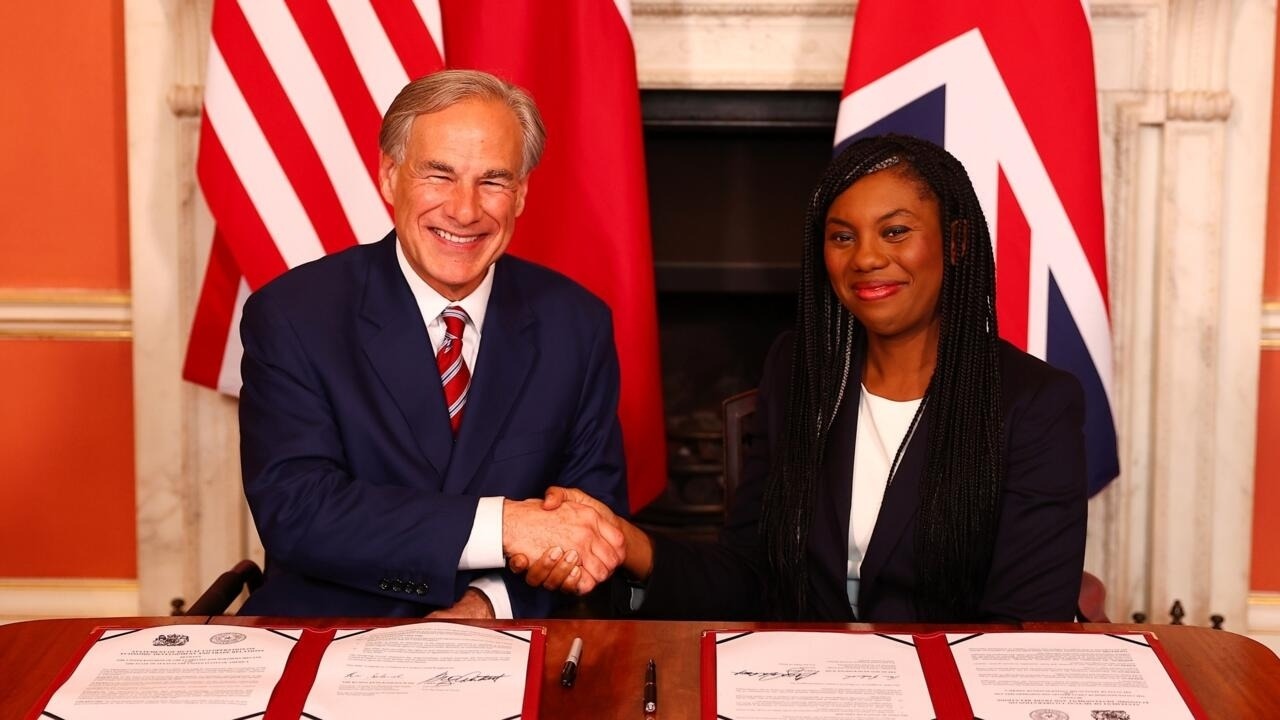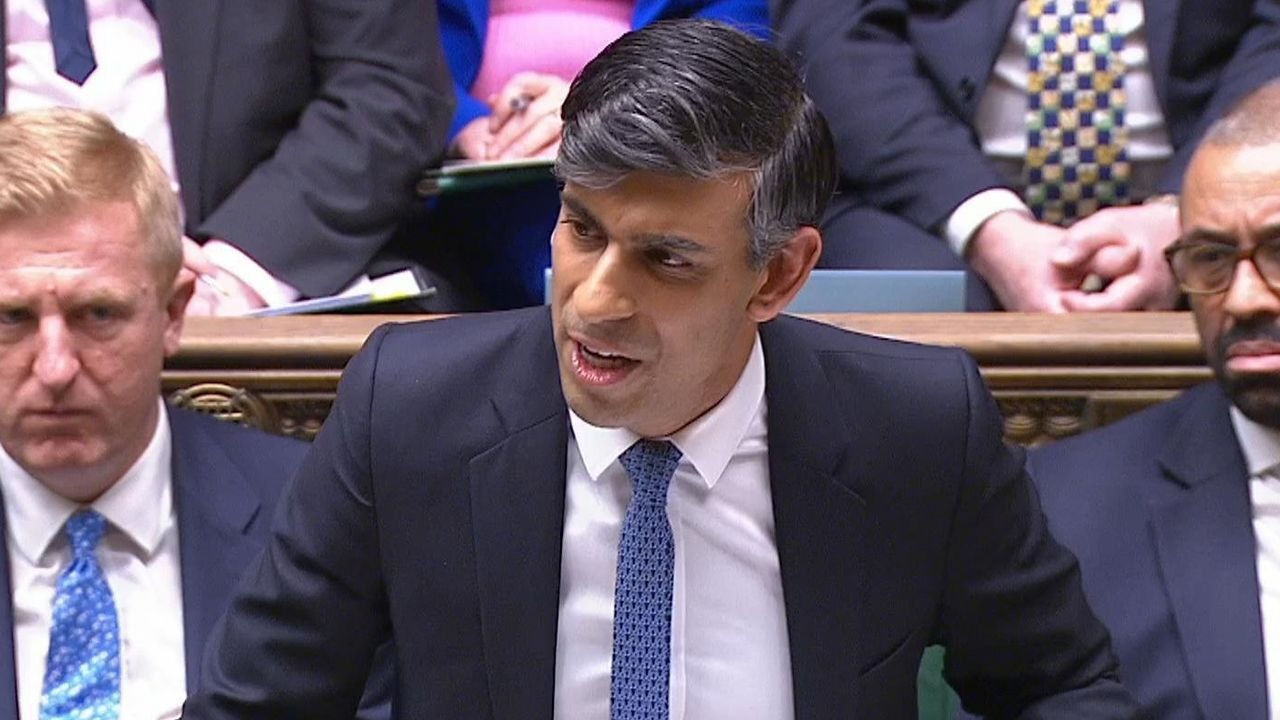Five days after the Commission on the Centre of Government’s final report was unveiled, Hannah White reflects on the overwhelmingly positive response, signaling a widespread consensus that reforming the Center of Government is imperative.
As the chair of the Institute’s Commission on the Centre of Government, White has engaged with numerous stakeholders over the past year to assess the center’s functionality, which comprises No.10 Downing Street, the Cabinet Office, and the Treasury.
The resounding consensus from these discussions is that the current status quo is untenable, necessitating substantial reform.
The launch of the Commission’s final report earlier this week, featuring insights from two former prime ministers, elicited widespread agreement with its diagnosis of the existing challenges.

UK Minister (Credits: San Diego Union)
Key among these is the perception that No.10 lacks sufficient authority, mainly concerning economic and analytical capabilities.
Similarly, the Cabinet Office is viewed as unwieldy and lacking a cohesive mission, with disparate teams focused on prime ministerial matters and civil service management. This disjointed structure hinders effective governance.
Moreover, there is a prevailing sentiment that prime ministers are not adequately supported in setting overarching government direction, resulting in a power vacuum filled by the Treasury. Consequently, budget allocations often reflect the fiscal priorities of the Treasury rather than the government’s broader objectives.
Additionally, the center of government is criticized for being insular and disconnected from the realities faced by ordinary citizens. The Commission’s report has struck a chord with many stakeholders, who recognize the urgency of addressing these systemic issues.

UK Minister (Credits: France 24)
By shedding light on the deficiencies within the center of government, the report has galvanized support for substantive reforms aimed at fostering greater coherence, accountability, and responsiveness within the heart of the administration. Moving forward, the challenge lies in translating this widespread recognition of the need for change into concrete action.
White and her colleagues are committed to advancing the Commission’s recommendations, working collaboratively with policymakers and stakeholders to enact meaningful reforms that will strengthen the central government’s effectiveness and legitimacy.
In doing so, they aim to bridge the gap between the inner workings of government and citizens’ lived experiences, ensuring that policymaking is informed by real-world insights and responsive to society’s needs.
Through concerted efforts to reform the center of government, White and her team seek to lay the groundwork for a more inclusive, accountable, and effective governance framework that can address the complex challenges of the modern era.























